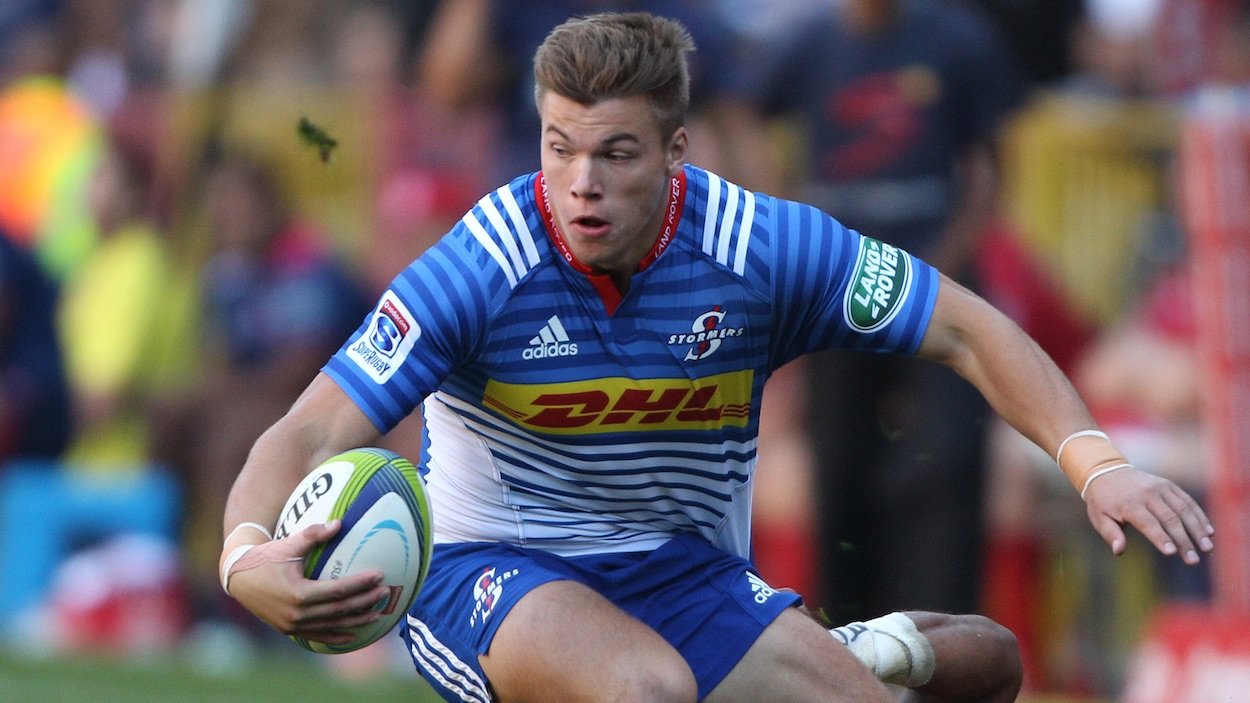Young centre Huw Jones was a standout performer in Scotland’s agonisingly narrow loss to Australia at the weekend. His route to the Scotland team has been unique, to say the least, writes Lee Calvert.
For a large chunk of recent history it has been no picnic watching Scotland’s midfield. Unless, of course, you are referring to one of those picnics where it drizzles constantly, everyone is miserable and your child gets bitten by a horse; in that case watching Scotland’s midfield has been exactly like a picnic.
It’s not so long ago that Scotland were in such a midfield state that they went looking around the world to find John Leslie, then a revolving cast including the likes of Nick De Luca and Graeme Morrison. Sean Lamont played at twelve far too many times to be considered polite.
Sometime between 2012 and 2014 a plethora of decent centres suddenly appeared as if produced by some secret government lab. Mark Bennett, Alex Dunbar, Matt Scott, Duncan Taylor and backups like Peter Horne freshened the air significantly in this area of the field for the boys in blue and the future looked pretty bright.
That was before Huw Jones came along on Saturday vs The Wallabies, scored two tries while carrying for 61 metres and generally put in a magnificent shift. Now things are looking positively blinding.
Huw Jones is a bundle of contradictions. A Scotsman with a name more Welsh-sounding than Daffodil McLeekface, went to school in England then ended up playing in South Africa for the Stormers. As a result, people were genuinely flummoxed when he was called up by Vern Cotter for the tour of Japan this summer, many understandably assuming that he had a distant Scottish relative and was on the project player track.
[rugbypass-ad-banner id=”1475535264″]
How did Jones end up in Super Rugby? After attending the legendary Millfield School, where he was considered by England as being too small to play centre in their school’s representative sides, he went to South Africa for a gap year of work. Deciding to enrol at the University of Cape Town he caught the eye of Western Province / Stormers, who moved him up through their grades until he found himself in the same midfield as Damien De Allende. It is ironic that England thought his stature was an issue but South Africa, that conveyor belt of human battering rams, could see past that to the talent.
Jones came onto Scotland’s radar when an eagle-eyed analyst at Glasgow Warriors, Gavin Vaughan, noticed the Saltire flag next to his name on the University of Cape Town squad list on Wikipedia in 2014. Vaughan discovered Jones was born in Edinburgh and lived there for two years before departing for school in England, and invited him to Glasgow to meet with Gregor Townsend. Jones decided to stay at Uni overseas.
As recently as April this year Jones, was still unsure about pledging his allegiance to Scotland. “It’s definitely an option,” he said at the time, “I am not ruling it out.”
But when the call finally came from Big Vern it was clearly too much to turn down. “It wasn’t too difficult a decision,” he finally admitted. “It’s quite hard to say no to international rugby and I could never just wait around and hope for a call from someone else. And, obviously, I am Scottish.”
This weekend, England, with all of their resources, had a Fijian and an Australian on the bench and a Kiwi as their captain. If a Union the size of England still trawls for talent it is understandable that the likes of Scotland will do the same.
But in this age of project players and residency arguments, despite his complicated path to the top, Huw Jones is Scottish. That is something it seems their fans will be increasingly thankful for.
















